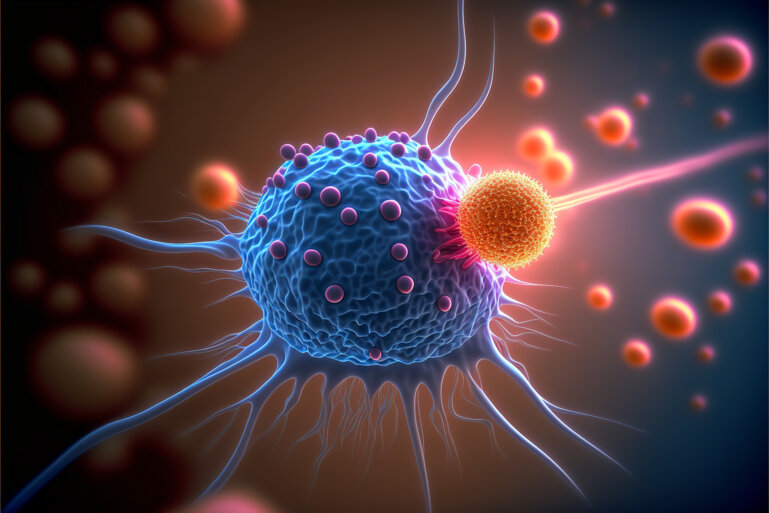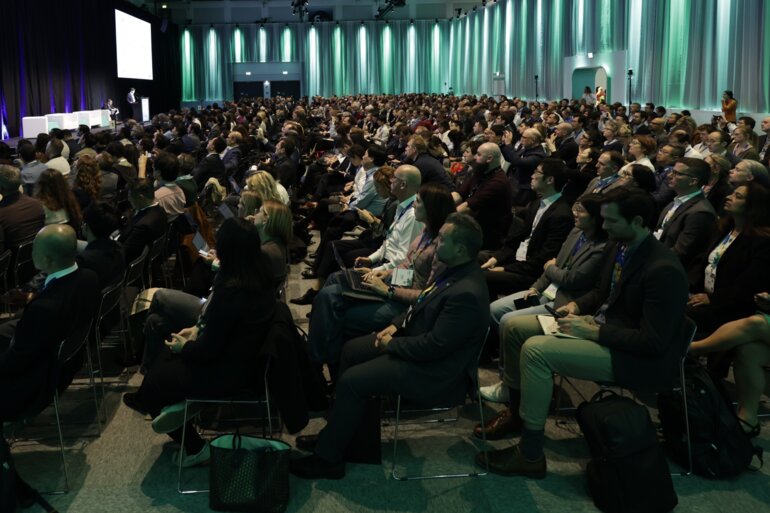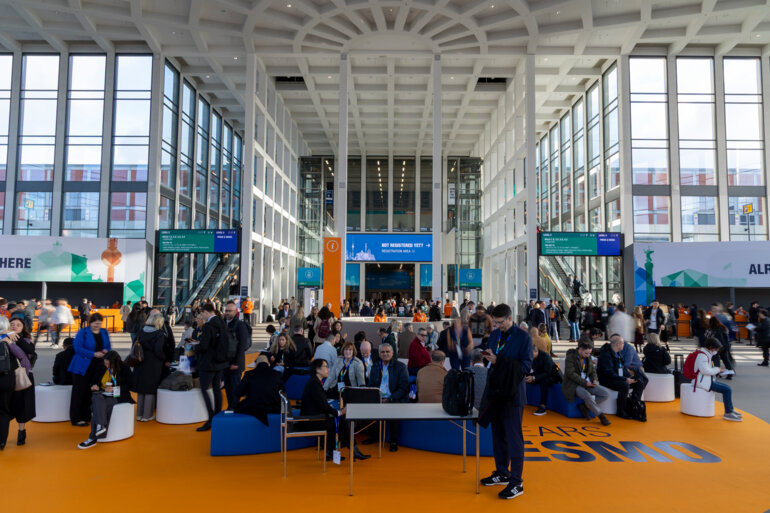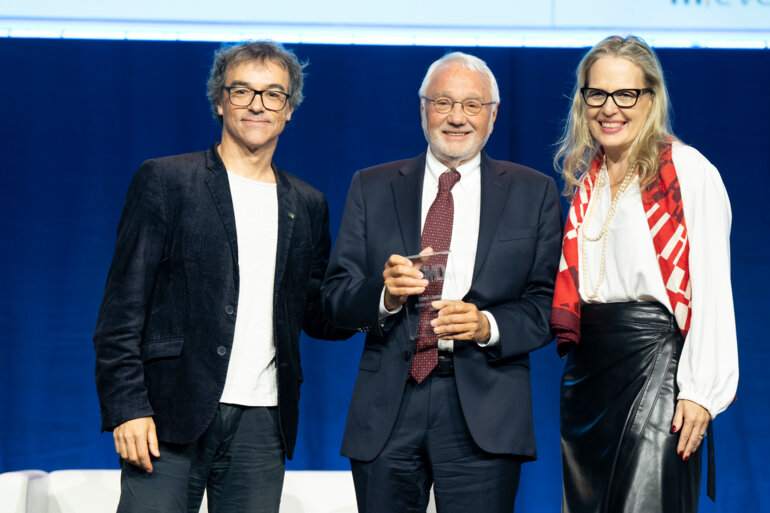At ELCC 2021, Prof. Fiona Blackhall sees hope for improving patients’ poor prognoses on the horizon
“The striking thing about small-cell lung cancer (SCLC) is its initial sensitivity to chemo and radiotherapy, followed by the emergence of drug resistance quite early on, usually within one year of initial treatment,” says Prof. Fiona Blackhall, Professor of Thoracic Oncology at Manchester Cancer Research Centre, University of Manchester, and Honorary Consultant in Medical Oncology at The Christie NHS Foundation Trust, shedding light on the challenges of research in this tumour type and mapping out a path to accelerate the realisation of precision medicine for this patient population in the clinic. Blackhall is the recipient of the Heine H. Hansen Award 2020, recognising her as a world-class scientist and small-cell lung cancer pioneer, and her award lecture “Biopsies, biomarkers and biology” is part of the programme of the European Lung Cancer Virtual Congress (ELCC) 2021, as last year’s edition of the meeting was cancelled due to the COVID-19 pandemic.
What are the main challenges and unmet needs in small-cell lung cancer?
SCLC accounts for as many as 15% of the 1.69 annual lung cancer deaths globally. It is an aggressive malignancy that metastasises rapidly, which results in the majority of patients presenting with advanced disease for which there is no cure and facing a life expectancy of less than two years. Lung cancer screening, which has proven effective for non-small cell lung cancer (NSCLC), has not demonstrated any potential to downstage small-cell patients at diagnosis.
Small-cell lung tumours are only rarely resected surgically as chemoradiotherapy is the established treatment, and tissue from biopsies is often insufficient for applications like whole genome sequencing. This, plus the need to ideally obtain serial biopsies on progression after initial treatment, has led to an overall lack of opportunity to study the cancer biology and is a major reason why progress in treating SCLC has lagged behind non-small cell lung cancer. Many small-cell clinical trials, even recent, have likely failed due to lack of insight into the biology being treated.
This deficiency of available tissue was also a challenge in the very first study I published in SCLC (Clin Cancer Res. 2003 June;9:2241-2247) during my fellowship with Prof. Frances Shepherd and Prof. Ming-Sound Tsao at the Princess Margaret Cancer Center in Toronto, evaluating the significance of particular growth-receptor pathways. That experience alerted me to the need to find an alternative way of studying this disease.
What have liquid biopsies changed in small-cell lung cancer research?
I have spent over a decade collaborating with Prof. Caroline Dive of the Cancer Research UK Manchester Institute to explore the possibility of taking blood samples to look for circulating tumour cells (CTCs) as a liquid biopsy for interrogation of SCLC biology.
Importantly, we managed to demonstrate that in SCLC, including in limited-stage disease, the number of circulating tumour cells in the blood is far higher than for any other tumour type (J Clin Oncol. 2012 February 10;30(5):525-532). This led to extensive reporting on how liquid biopsies and circulating tumour DNA, by allowing multiple samples to be taken at different stages of this fast-evolving cancer, could be used to monitor the disease and its response to treatment.
We then succeeded in implanting CTCs into mice to make preclinical models of lung cancer that mimic patients’ clinical outcomes and response to treatment (Nat Med. 2014 June 1;20:897-903), which have since been adopted by various research groups in Europe and the US.
Recent publications over the last year or so suggest that we are now making true progress in understanding the heterogeneity of small-cell tumours, including the identification of four main molecular subtypes (Cancer Cell 2021 March 8;39:346-360) that could eventually help us define subgroups of patients who could benefit from particular therapies following a personalised medicine approach, similar to what has been achieved for NSCLC.
What will it take to make personalised medicine a reality for this patient population?
This may be complicated by the fact that SCLC subtypes have been shown to be susceptible to change within a single tumour over time (Cancer Cell 2020 July 13;38:60-78), although we do not yet know how or when, thus potentially constituting a moving target.
Nonetheless, in light of recent advances in understanding SCLC thanks to novel technology and in treating it thanks to the approval of immunotherapy, there is more than a glimmer of hope for faster progress on the horizon. The missing evidence for our clinical practice can and will be revealed by tying our study of the biopsies, biomarkers and biology to the clinical outcomes of patients.
Translating decades of research into tangible benefits for patients will only be possible, however, if there is a highly collaborative approach internationally. That is why I would like to inspire others – including junior physicians and investigators – to be curious and look at where they can promote translational research that is clinically relevant. Forming that connection between the lab and the clinic is crucial and feeding clinical questions to the best scientists is a way you can influence the research that is done without needing to have reached a senior position.
In your view, what are the most pressing unanswered questions in small-cell lung cancer?
They revolve around the cancer’s recurrence and rapidly acquired drug resistance. Understanding this change and the biology underlying it would be a huge achievement, which could potentially be translated to other cancer types and help us gain insight into how drug resistance emerges in general – and, ultimately, into how it can be overcome.








